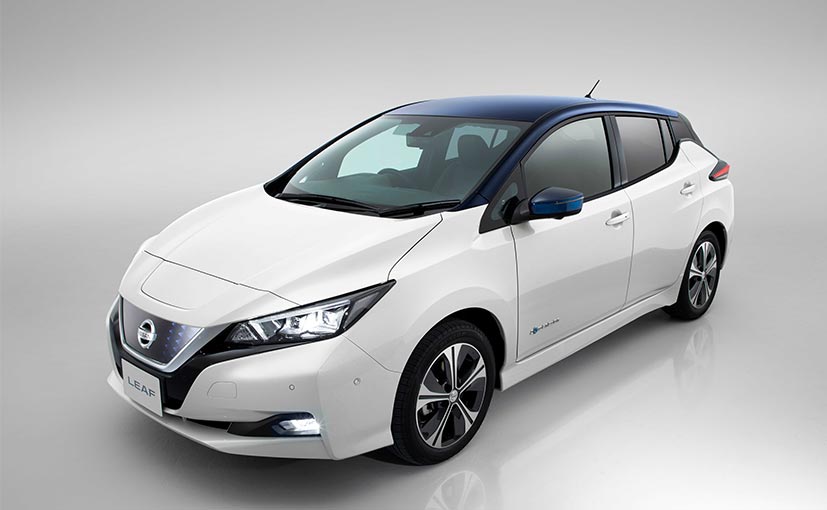
One of the great things about electric vehicles is that their simple design (battery+motor, with no engine or transmission) means very little maintenance costs, as well as potentially very cheap models in the years to come, as battery prices (the main cost element of the vehicles) continue to decrease over time.
But that simpler construction also means the auto industry will undergo significant changes, resulting in many jobs eliminated. To be sure, new jobs in battery manufacturing, repair, reuse and recycling will be created, along with electronics manufacturing and infrastructure deployment (to offset gas station jobs losses). But the phase out of engines will be significant. As E&E News reported [paywall]:
There is no hiding from the dark clouds on the horizon of U.S. automobile engine and drive assembly parts manufacturers. They number more than 1,100 firms with 130,000 employees and $8 billion in annual payrolls. The greatest concentration of them are in Ohio, Indiana and Michigan, Rust Belt states where industrial manufacturers, their workers, and the workers’ communities have been repeatedly pounded by “creative destruction.”
To put a finer point on these numbers, the article describes how internal combustion engines require 107 forgings to manufacture, while a Tesla Model S or a Nissan LEAF without any engine at all requires just 7 or 8 forgings. So adios to most forging jobs.
To be sure, these job transitions are no reason to pump the brakes (ahem) on policies to encourage electric vehicle deployment. As mentioned, EVs will help create many new jobs, and consumers will spend their savings on maintenance on other industries, using the newly available cash to purchase other things and create new jobs. So on balance, EVs should be a net positive for the economy (not to mention a slam dunk on the environment and public health).
But policy makers will need to consider options to minimize these job losses and work with affected employees on retraining programs. They will also need to think through the impact of these job transitions on our country’s electoral politics. We want to avoid what we’ve seen with the electricity sector, with “coal state” politics in the U.S. Senate and presidential races slowing the transition to renewable energy.
I hope the transition to zero-emission vehicles happens soon enough that this becomes an urgent problem we have to tackle — and solve — quickly.


